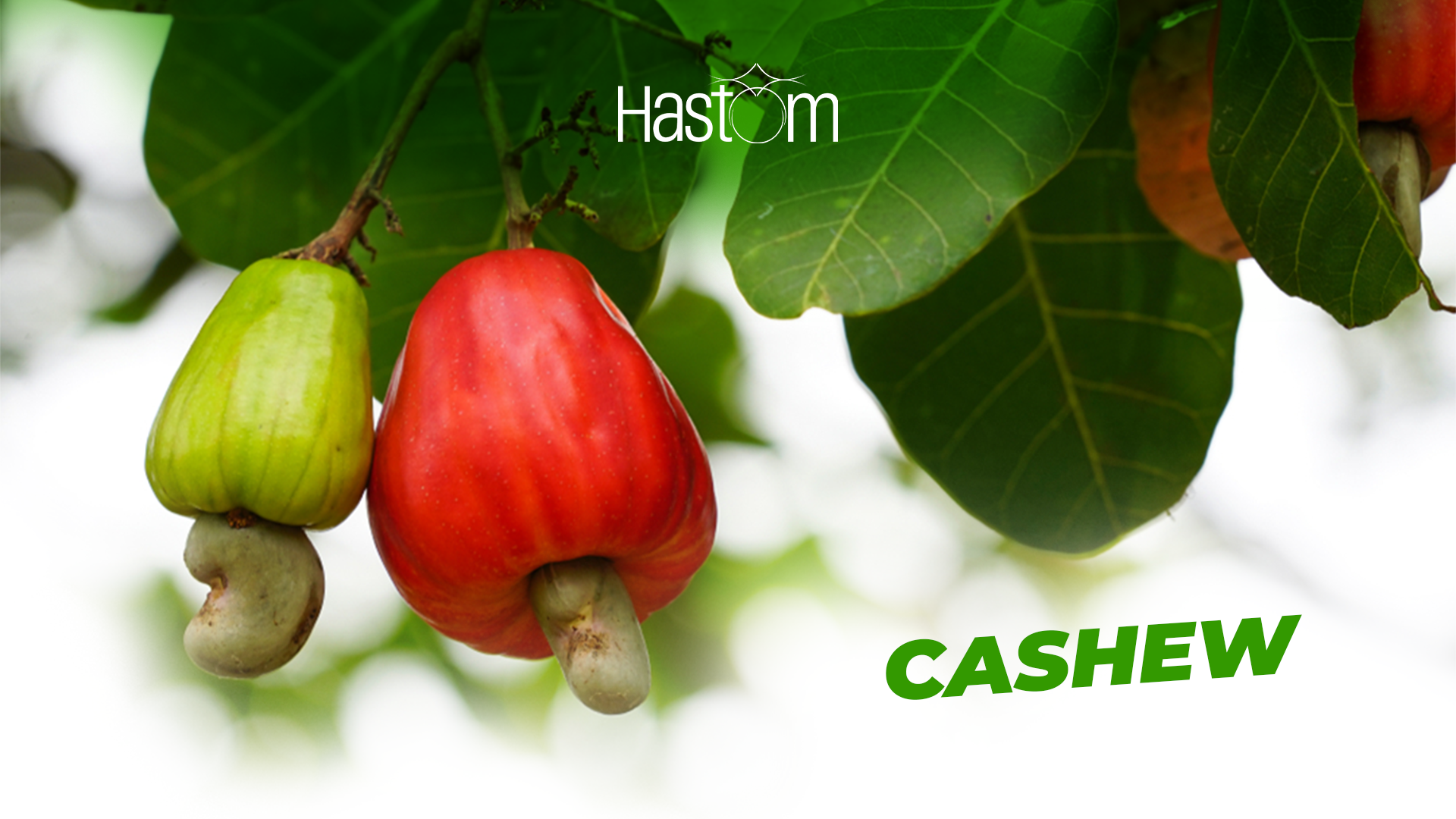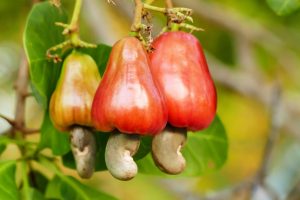
Cashew as we know is the Number 1 non-oil export earner for Nigeria, outperforming cocoa, oil palm and rubber. The crop is cultivated in places like Ogbomoso, Kwara, Kogi, Edo etc. In Nigeria though, Ogbomoso sits at the front row, as it has contributed significantly toto the economy of Nigeria as a nation. In 2022, the cashew industry added about $250 million to the Nigeria economy and there is a projection of $500 million by the end of 2023 this shows that there is a lot of potential in the cashew industry.
As stated earlier, the economic importance of Cashew can’t be overemphasized and in this vein, we would like to share some of the value that the cash and food crop brings to the country.
Let’s dive right in;
- Export Revenue: Cashew nuts are one of Nigeria’s major agricultural export products. The country is one of the largest cashew producers in Africa and the world with Ogbomoso being the highest contributor. The export of cashew nuts contributes significantly to Nigeria’s foreign exchange earnings.
- Employment Opportunities: The cashew industry generates substantial employment opportunities, involving operations such as cultivation, harvesting and processing. For example, the Nigerian Export Promotion Council, NEPC for instance, have concluded their plans to set up a cashew processing plant in Ogbomoso. This will automatically provide employment opportunities and contributes to income generation and poverty reduction in this region.
- Agro-Industrial Potential: Nigeria has been working on developing its cashew processing industry to add value to cashew nuts locally. This not only creates job opportunities in the processing sector but also enhances the country’s capacity to export processed cashew products, which have higher market value.
- Rural Development: Cashew farming can contribute to rural development by providing infrastructure development and services in cashew-producing areas. Investments in transportation, storage facilities, and processing plants can have broader economic impacts on these regions.

- Economic Diversification: Cashew production is part of Nigeria’s efforts to diversify its economy away from oil dependence. By promoting non-oil agricultural exports like cashew nuts, the country can reduce its vulnerability to fluctuations in global oil prices.
- Rural Livelihoods: Cashew farming help improve the livelihoods of rural communities in Nigeria. The income generated from cashew sales can support families and communities, providing them with resources for education, healthcare, and other essential needs.
- Cashew has strengthened bilateral relations between Nigeria and other countries, notably India. India is a major importer of Nigerian cashew, leading to a strong relationship and India’s growing involvement in Nigeria’s cashew industry. This has also attracted other Indian industries, contributing significantly to Nigeria’s economy.
- Environmental Benefits: Cashew trees in Nigeria help prevent soil erosion and desertification, which are critical environmental challenges in some regions. This can have broader ecological and economic benefits for local ecosystems and agriculture.
- Export Diversification: The crop serves as a valuable component of Nigeria’s strategy for diversifying its export base. By promoting cashew production and exports, Nigeria reduces its reliance on a single commodity for foreign exchange earnings, which can enhance economic stability.
- Foreign Exchange Reserve: As Nigeria earns foreign exchange from cashew exports, it contributes to the country’s foreign exchange reserves. These reserves can be used to support the nation’s currency, stabilize the economy, and finance essential imports.
In conclusion, cashew production plays a significant role in the Nigeria’s economy by generating export revenue, providing employment opportunities, improving rural livelihoods, enhancing bilateral relationship, and a lot more. It is an essential component of the agricultural sector and has the potential to further contribute to economic development in the country.
Despite the growth seen in the industry and the value it has added to the economy, there is still room for growth and we invite you to also join the revolution. To make the most of this, there is a need for you to partner with experts like Hastom Nigeria to walk you through your journey into the practical money-spinning industry.


